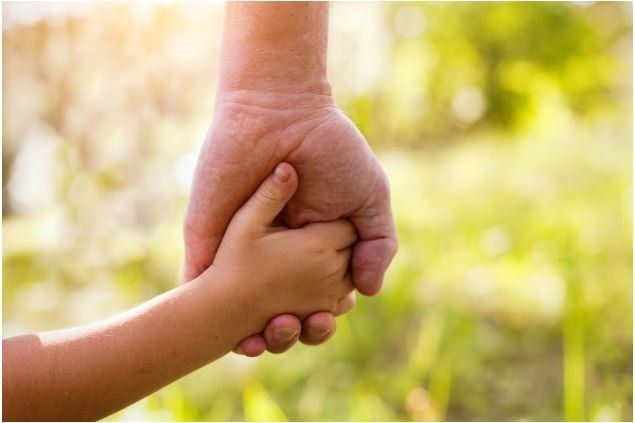March 23, 2020
Divorce is difficult for children, no matter what age, but it can be particularly challenging for younger kids since they can't express themselves as well as an older child and they don't understand as much as school-aged kids.
If you're going through a divorce and you have a toddler with your soon-to-be ex, try to work together to make the changes in routine and environment go as smoothly as possible for your child.
What to Tell Your Toddler
Unlike infants, toddlers are old enough to understand the basics of the situation if you explain it in an age-appropriate way. It's best to talk to your child with your spouse so you can both reassure your child and make it clear that both parents love and want to be with them. Don't bring up the topic until you're sure you're going to go through with the divorce.
Keep things simple and direct. You don't have to talk about any events that led up to the divorce. Simply tell your child that you have decided to live in separate homes. Reassure your child that they will still be able to spend time with both parents, and stress that both parents love the child very much.
Don't bring up any anger or hurt you feel toward the other parent — just focus on the facts.
Toddlers may not ask questions or offer their own thoughts after you talk to them like older children often do. The lack of feedback makes the process of telling your child about your divorce a bit harder in some ways because you'll most likely need to talk your toddler through the process many times to make sure they understand.
How to Handle Your Child's Behavior
Most children under three or four years old simply aren't at a developmental stage where they can put their emotions into words and discuss them, so they process and cope with their feelings in other ways. Toddlers typically show big and difficult emotions through their behavior.
Many toddlers of parents who are divorcing or who have recently finalized their divorces regress to earlier behaviors. If your toddler is potty trained or in the process of training, you may find that they refuse to use the toilet and want to go back to diapers. Your child might stop sleeping through the night for a while.
Separation anxiety is another common behavior issue in toddlers of divorcing parents. Your child might be extra clingy and require a lot of attention for several months. Tantrums might be more frequent, so make sure you communicate with your former spouse about how you want to handle behavioral challenges so you can keep expectations and discipline consistent for the child in both homes.
What to Do About Visitation
One of the hardest aspects of divorce for many toddlers is adjusting to their parents being in separate homes. When it's time for your child to leave and go to the other parent's house, they might act out or cry. These behaviors don't mean your child doesn't want to see the other parent — it's just hard to go from one house to the other for toddlers, who thrive on routine and consistency.
But you can make your visitation plan as consistent as possible, which will help your little one adjust. Avoid any negative talk about your toddler's other parent, and keep things calm and peaceful when you meet for your child to go to their other home.
The parent who moves out should try their best to make their new home inviting for their child. Put some cheerful decorations up in their room, and make sure you have toys available. Let your child bring a special toy or blanket from house to house if they have one.
Budget Divorce Center helps divorce clients on a budget in Cape Coral, Florida, and surrounding areas in Lee County and Charlotte County. If you're considering a divorce, but you're concerned about the high legal costs, contact us
to set up a consultation appointment today to see how we can help.
CONTACT INFORMATION




The information you obtain at this site is not, nor is it intended to be legal advice. You should consult an attorney for advice regarding your situation. We invite you to contact us and welcome your calls, letters, and electronic mail. Contacting us does not create an attorney-client relationship. Please do not send any confidential information to us until an attorney-client relationship has been established.
Content, including images, displayed on this website is protected by copyright laws. Downloading, republication, retransmission or reproduction of content on this website is strictly prohibited. Terms of Use
| Privacy Policy










